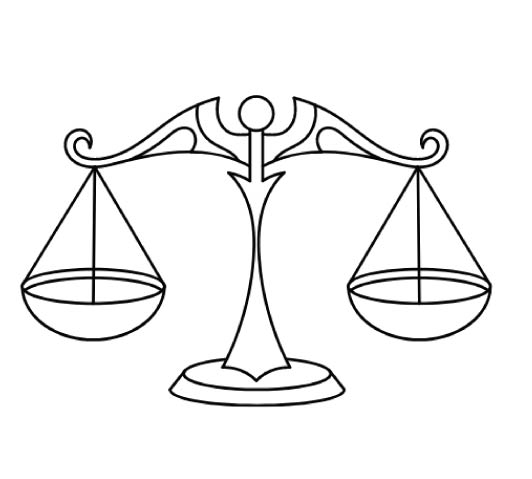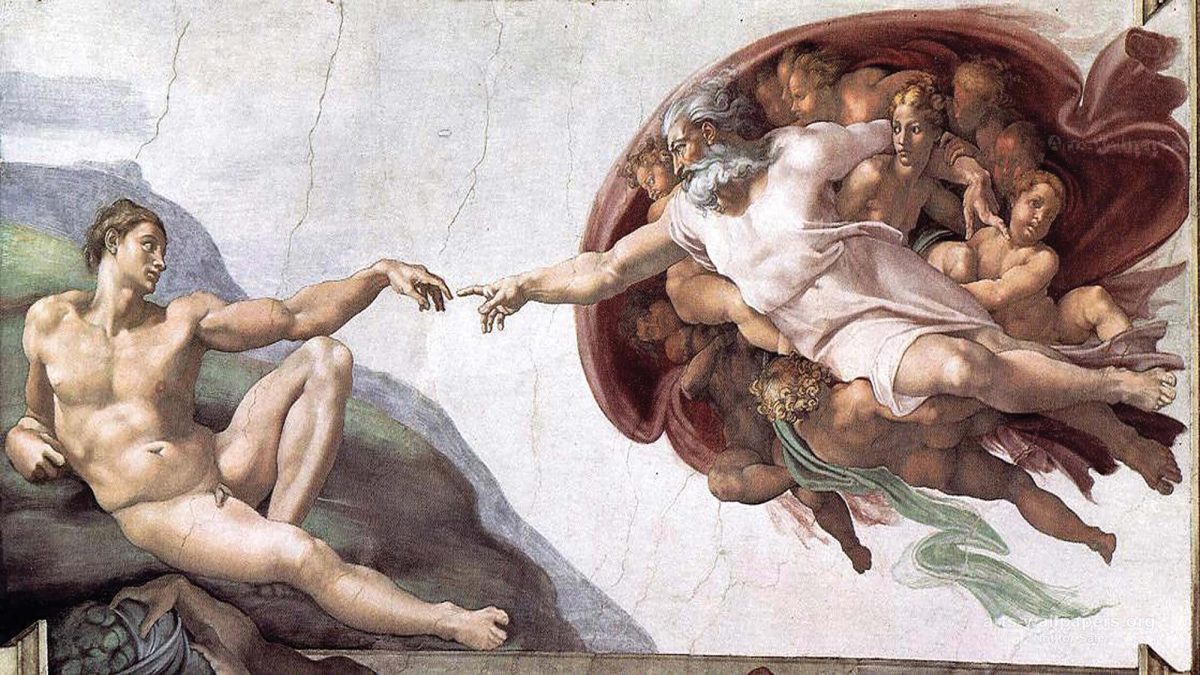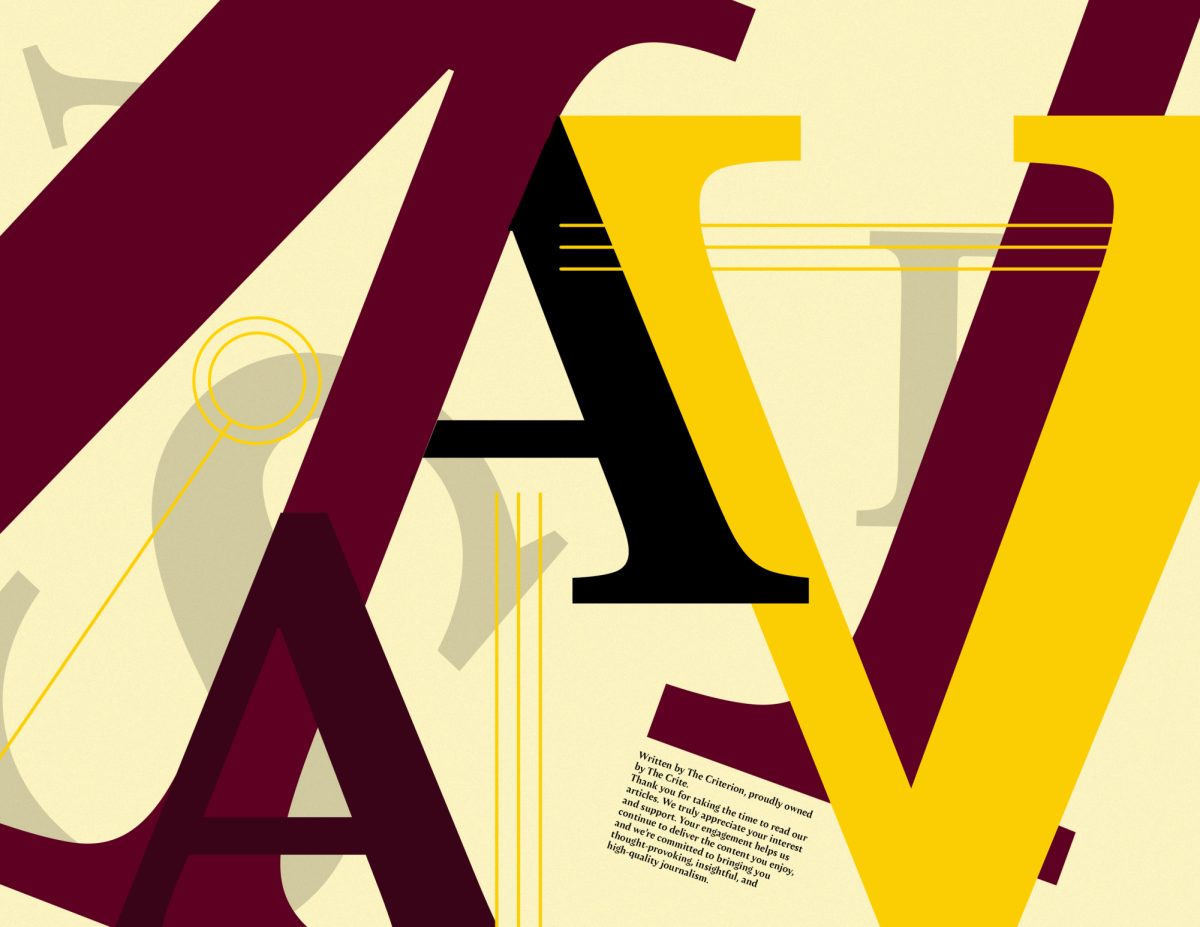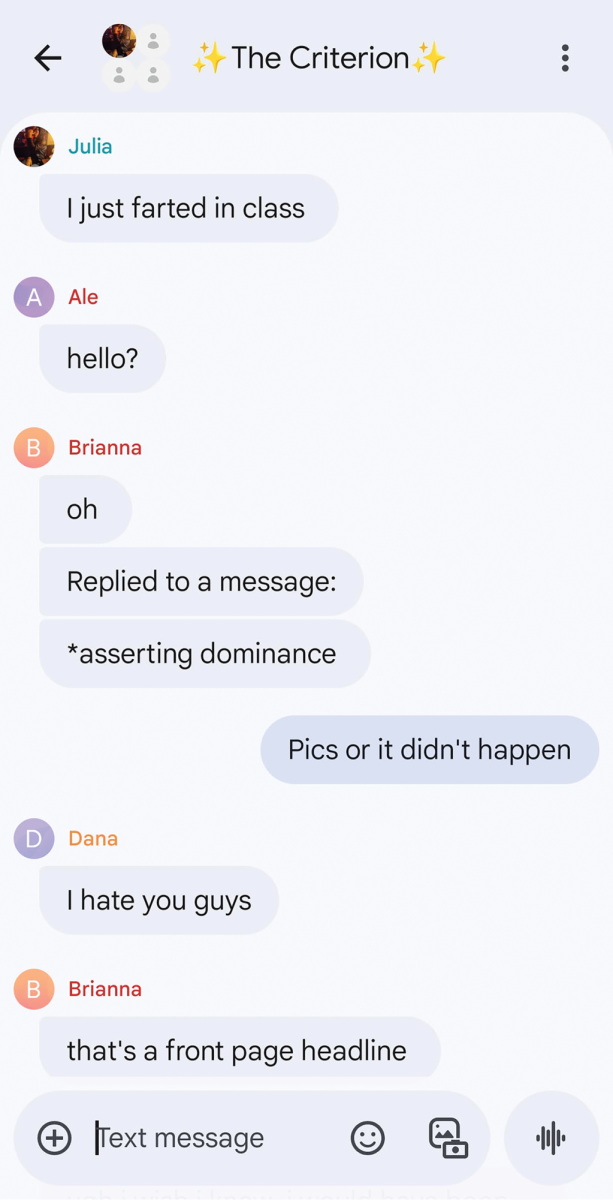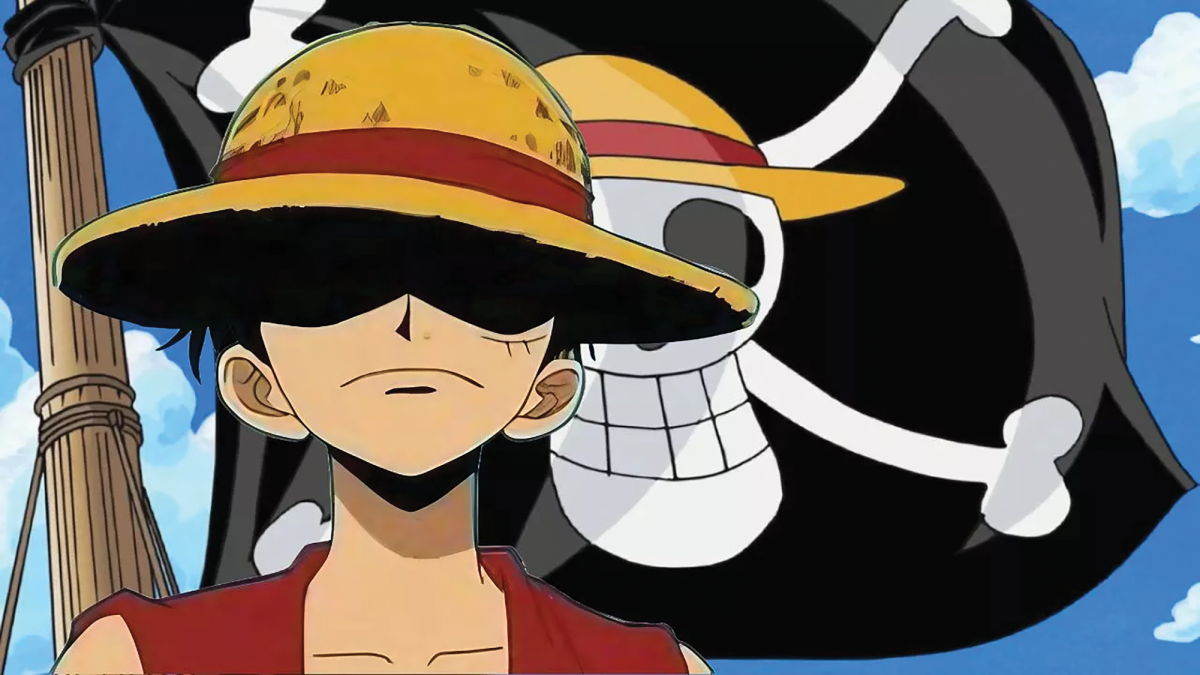by Tyler Fransen
For the last 16 months, America has been watching with the rest of the world, as our election unfolds into chaos. What was once thought to be the proudest time in our nation’s history—the time we celebrated as the reason for our country’s existence—has turned into a trashy reality TV show we could not look away from.
The question is how? How did we get to the point where our debates about policy became sound bites for the next day’s news? When did the pinnacle of American civil discourse turn into, “his hands are small,” “build a wall,” “basket of deplorables” and “grab ‘em by the p***y?” What happened inside our own government that made Americans divided and give us the two major party candidates for president?
After the Democrats won the presidency, retained control of the House and strengthened their hold in the Senate, the party felt elated in 2008. But the celebration of electing the first African-American president and their control of the legislative branch, would not last for long.
In the midterm elections of 2010, the Democrats lost 63 seats in the House, which lost their majority and nearly lost control of the Senate. By 2012, the Republican-controlled House still held the majority, and any efforts made by the Democrats to counter this were in vain, gaining only eight representatives in the house and two senators. And in 2014, the Democrats continued their slide, losing control of the Senate and further losing members in the House.

On the Republican end of things, after gaining control of the House, Ohio Congressman John Boehner became Speaker of the House, taking over for Democrat Nancy Pelosi. But Boehner’s own party had apparently grown tired of him, with some speculating he had lost the support of conservatives over immigration, ObamaCare and his overall leadership. In 2014, some House Republicans had reached out to would-be presidential candidate Ben Carson to see if he wanted to become speaker. Carson declined, but Boehner would eventually resign in 2015, and in his place would go to Republican Paul Ryan.
This change of leadership and change of party control made for some of the least productive congresses in recent history, passing fewer pieces of legislation than the so-called, “do nothing” congress of the 1940’s. According to “govtrack.us” the 112th congress from 2011-2013 enacted 284 laws, the lowest since the 104th congress of 1995-1996 which enacted 337 laws. And from 1973-1991 no congress had enacted less than 529 laws, and the average was 633.
Outside of Washington, both parties had to deal with political movements, aimed to drastically reshape the status quo.
In 2009, a conservative political movement dubbed the “Tea Party Movement,” began calling for lower taxes and a reduction in spending to fix the national debt. Tea party supporters in government began to get a larger presence, most notably former Minnesota Congresswoman Michele Bachmann who founded the tea party caucus.
In 2011, the Occupy Wall Street movement held its first set of protests in New York, arguing the wealth gap between America’s richest and poorest, was too wide. Occupy gave us the “99 percent versus one percent” dichotomy, echoed by former Democratic presidential candidate Bernie Sanders, and has been made a staple of progressive politics in recent years.
But Occupy’s disorganization and their lack of central leadership, ultimately led to them becoming a punchline by 2012. The tea party also suffered from having no central leadership and their movement has even been criticized for being corporately funded even though it appears to be grassroots.
But both movements, and the dysfunction of congress did something that now reflects our two major party candidates and how the rest of the ballot looks this year.
Bernie Sanders gained the most votes among millennial voters in the primaries. Even though he didn’t secure the nomination, his rhetoric and his supporters forced Hillary Clinton to move farther left in her politics than she ever was before.
The Republicans were forced to be more conservative and far-right than previous elections, which lead to their choice for president, Donald Trump.
Trump and Clinton are now the least liked candidates for president in recent history, America feels it’s more divided than it ever has been and it all stems from everything we’ve seen in the last eight years.
Republicans and Democrats are moving farther outward on the political spectrum which leaves very little middle ground or bi-partisan support. In fact, we’re often surprised or frankly joyous when both parties come together, even on the most trivial of issues.
And all the meanwhile, average Americans who never cared about politics, are now forced to say who they support and why they support them. If they pick Clinton, they’re picking a warmonger and a liar, if they pick Trump they’re picking fascist and a racist.
We are divided as a nation and we may not be able to recover from this, but like the America people hear about or dream about, there is hope. The hope is people of our generation as millennials, will step up when we are old enough and run for public office, or take citizen initiative and heal the wounds that divide us. If for no other reason then at least we will know where we were when our country was more divided than ever, and know we never, ever want to go back to the way things were.



